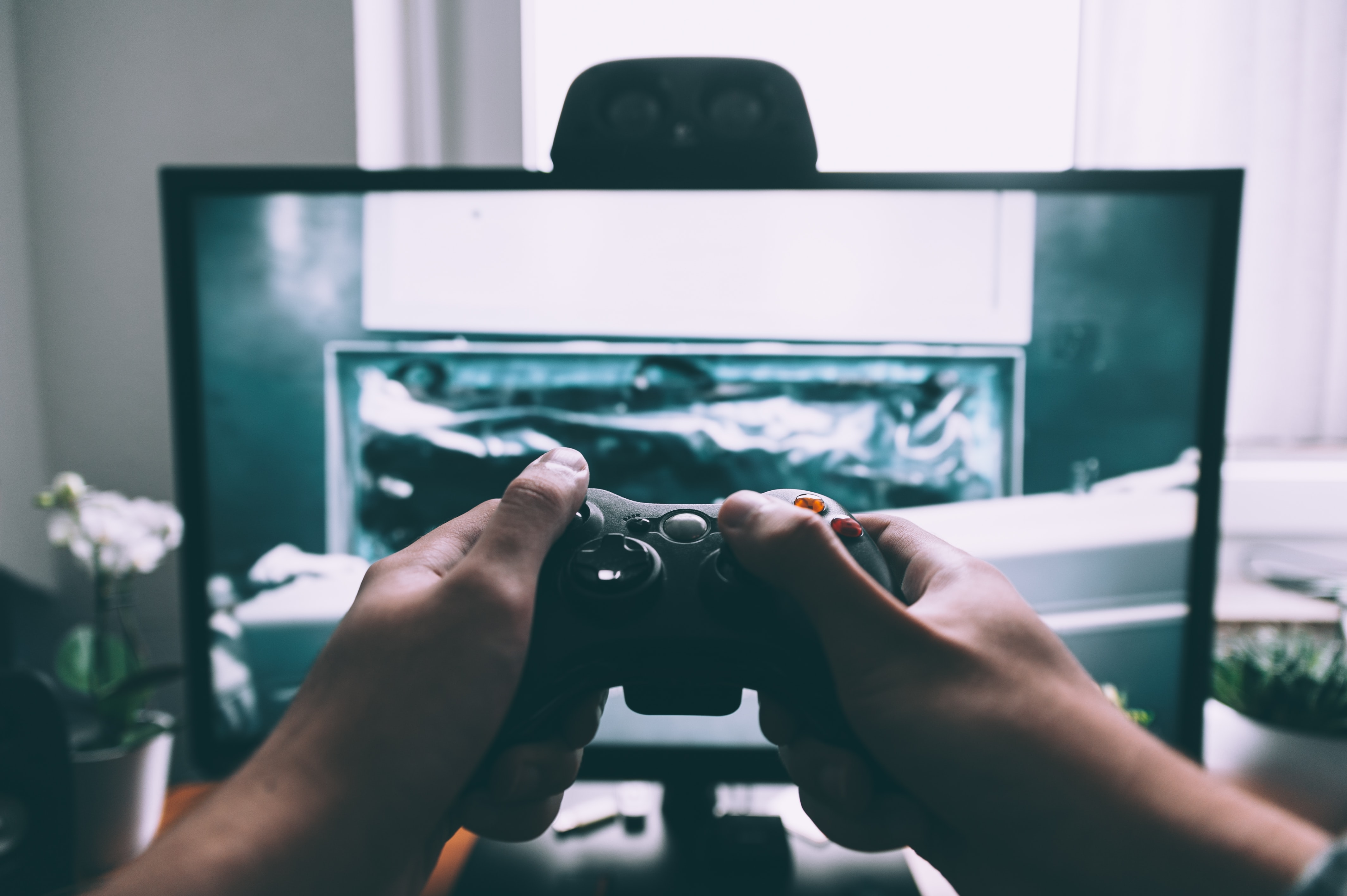Media release
From:
New Zealand youth who spend long hours on screens show signs of an eye condition typically seen among the elderly, University of Auckland research shows.
A study of more than 450 attendees of an Auckland gaming convention in 2019 revealed an average weekly screen time of over 43 hours, according to research just published in the journal Contact Lens and Anterior Eye.
Many of the participants were teenagers but showed clinical signs and symptoms of dry eye disease that would typically be seen in much older patients. This progressive and painful condition – sometimes described as like sandpaper on the eyes – negatively affects both vision and quality of life.
Participants filled out a survey about their screen use on an iPad, which also monitored their blinking. The research showed an association between screen time and dry eye, driven by reduced blinking during screen use.
“People may not want to hear this right now, when we’re all glued to our screens for work and school, but this may be yet more evidence of the toll from excessive screen time,” says Dr Alex Müntz, a research fellow in the Department of Ophthalmology.
These results are replicated in studies elsewhere, confirming doctors’ reports of seeing an increased number of young patients with the condition.
This study raises concerns about an earlier onset of dry eye disease, and irreversible changes to the eye surface that can result. The findings also add to the diverse long-term implications of increasing screen use on the health and wellbeing of youth.



 New Zealand
New Zealand



